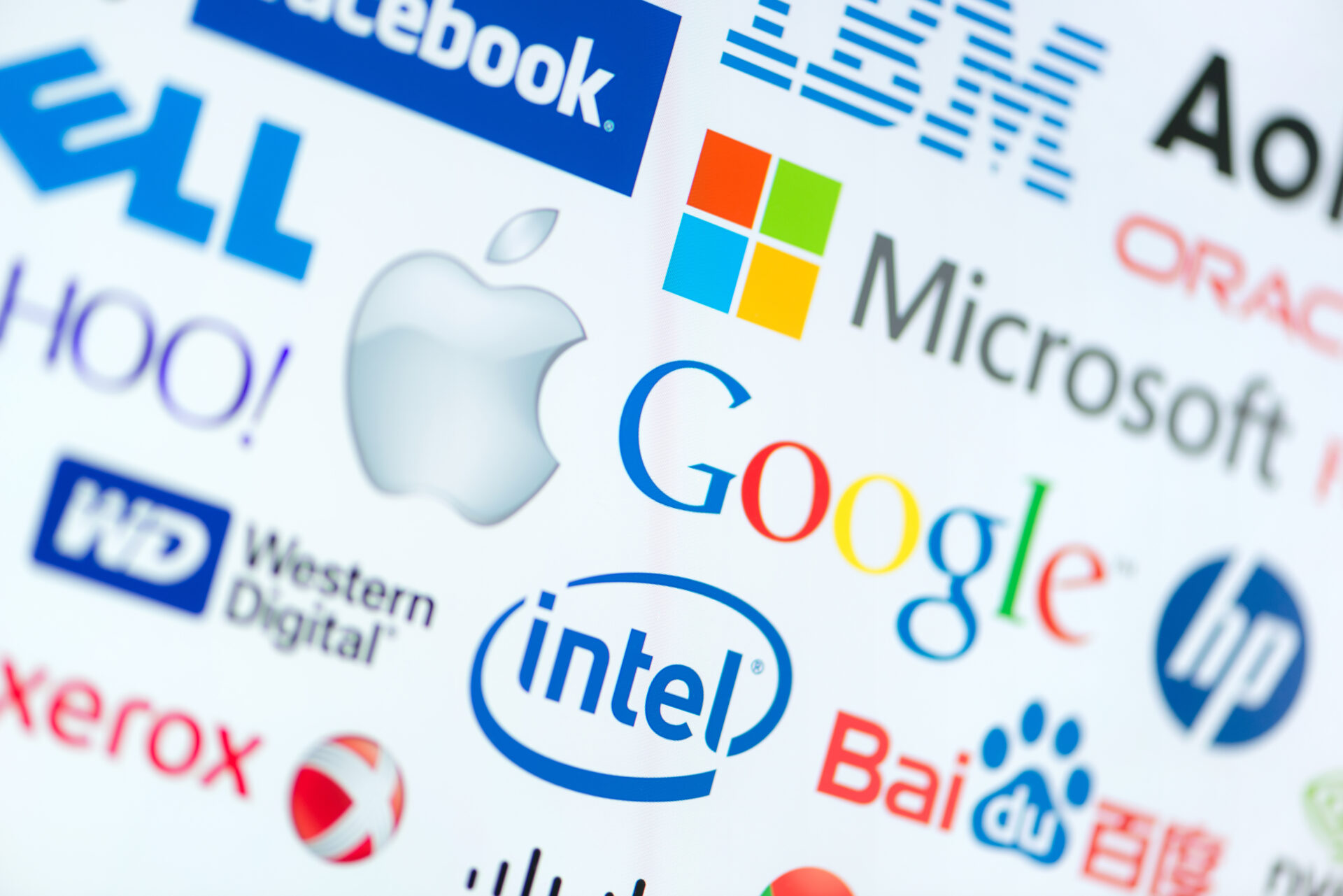
Trade Deal vs. Trade War: Who’s BENDING?
U.S. and Chinese officials clashed publicly during the American Chamber of Commerce in Shanghai’s 110th anniversary celebration, revealing deep trade tensions that persist despite recent diplomatic efforts to ease relations.
At a Glance
- U.S. Consul General Scott Walker criticized the U.S.-China economic relationship as unbalanced and called for an end to discrimination against American companies
- Shanghai Communist Party official Chen Jing rebuffed Walker’s claims as “prejudiced” and inconsistent with recent diplomatic communications
- The exchange occurred against the backdrop of a fragile 90-day trade deal reached on May 12
- AmCham Shanghai’s president emphasized that business uncertainty is causing companies to pause decision-making
- A dispute over critical minerals threatens to undermine recent progress in trade relations
Diplomatic Tensions Overshadow Business Anniversary
What should have been a celebration of 110 years of American business presence in Shanghai instead became a stage for diplomatic sparring between U.S. and Chinese officials. The American Chamber of Commerce in Shanghai’s anniversary event highlighted the persistent challenges in the U.S.-China trade relationship, even as leaders from both nations have recently engaged in talks aimed at easing tensions. The confrontation underscores the difficult path ahead for American businesses operating in China amid shifting political winds and policy uncertainties.
U.S. Consul General Scott Walker did not mince words during his address, characterizing the economic relationship between the two global powers as fundamentally unbalanced. His criticisms focused on what many American businesses have long complained about – unfair treatment in the Chinese market compared to how Chinese companies operate in the United States. The direct nature of his comments, delivered at what would typically be a diplomatic occasion, signals the Biden administration’s continued firm stance on trade issues.
American Grievances and Chinese Pushback
Walker’s remarks hit directly at core issues that have plagued U.S.-China trade relations for years. “We want an end to discriminatory actions and retaliation against U.S. companies in China,” Walker stated plainly, reflecting longstanding American frustrations with market access barriers, intellectual property concerns, and perceived unfair competitive practices. His comments align with the broader U.S. strategy of maintaining pressure on China while engaging in limited trade negotiations.
The Chinese response was swift and equally direct. Chen Jing, a Shanghai Communist Party official, dismissed Walker’s assessment, stating: “I believe the consul general’s view is prejudiced, ungrounded and not aligning with the phone call of our heads of states last night.” Chen’s reference to the recent conversation between President Biden and President Xi Jinping highlighted China’s preferred narrative of diplomatic progress being made at the highest levels, suggesting that Walker’s criticisms were out of step with current bilateral efforts.
Business Community Caught in the Crossfire
For American businesses operating in China, the ongoing tensions create a challenging environment for planning and investment. Eric Zheng, president of AmCham Shanghai, expressed the business community’s primary concern: uncertainty. With policy positions shifting and retaliatory measures always a possibility, many companies have hit pause on major decisions. The situation has created a holding pattern that threatens long-term business development and expansion plans in what remains one of the world’s most important markets.
“People are looking for some more definitive, durable statements on both sides that enable businesses to feel more secure.”, said Eric Zheng.
The recent 90-day deal struck on May 12 to reduce some tariffs offers limited relief, but falls far short of addressing the structural issues that continue to plague the relationship. Of particular concern is a brewing dispute over critical minerals, especially rare earth elements essential for advanced technology manufacturing. China dominates global production of these materials, giving it significant leverage in trade negotiations and potentially threatening American technology and defense industries that rely on these resources.
Looking Ahead: Uncertain Trade Horizons
The exchange at the AmCham Shanghai anniversary event reflects the fundamental tensions that persist despite diplomatic niceties. While a complete breakdown in relations seems unlikely given the economic interdependence between the world’s two largest economies, the path forward remains fraught with challenges. American businesses continue to seek clarity and stability, but may need to adapt to a new normal of persistent tension and policy uncertainty for the foreseeable future.
For America’s economic interests abroad, the situation demands vigilance and strategic patience. The disagreements aired at what should have been a celebratory business event reveal that beneath the surface of diplomatic engagement, fundamental disagreements about fair trade practices and market access continue to divide the United States and China, with American businesses caught in the middle of this consequential economic rivalry.


